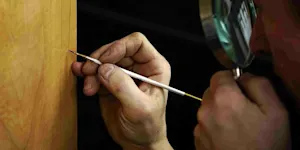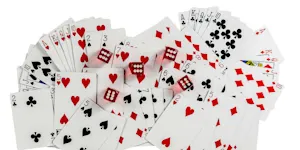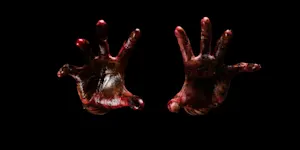What Makes This Word Tick
With a name likely to twist your tongue, "crwth" is a noun that hails from the realm of music. This quaint term refers to an ancient stringed musical instrument, somewhat akin to a lyre, that was played with a bow. Pronounced "krooth," the crwth's charm lies not only in its harmonious sounds but also in its linguistic rarity.
If Crwth Were a Person…
Crwth would be that intriguing person at a party, shrouded in a touch of mystery and tradition. This character has a timeless quality, comfortable mingling with both medieval minstrels and modern-day enthusiasts of historical music.
How This Word Has Changed Over Time
"Crwth" hasn’t wandered much from its original meaning as a musical instrument over the centuries. What has evolved is its lifestyle—once a staple in Welsh musical tradition, it's now more of a historical curiosity, often found in music history books rather than on today’s playlists.
Old Sayings and Proverbs That Use Crwth
This is a tough one, as "crwth" isn’t exactly common currency in the world of proverbs. It's a rare bird, more often the subject of discussion than the star of classic sayings.
Surprising Facts About Crwth
Despite its obscurity in modern vocabulary, the crwth has left its mark in history. It’s one of few words in English bearing a distinctly Welsh origin, with its ‘w’ taking on vowel duties—a quirky linguistic fingerprint.
Out and About With This Word
If you’re looking to drop "crwth" into conversation, try your local folk music festival or perhaps a friendly gathering at a historical society meeting. It's bound to be a conversation starter for those curious about obscure instruments.
Pop Culture Moments Where Crwth Was Used
While it might not be a headliner in today’s pop charts, the crwth makes occasional appearances in medieval-themed games, films, or series. These nods to the past offer glimpses of its musical history to new audiences.
The Word in Literature
"Crwth" finds itself nestled comfortably among historical fiction and texts that explore the Celtic and medieval musical traditions. It paints a picture of bygone eras, often evoking a sense of nostalgia and cultural richness.
Moments in History with Crwth
Imagine the crwth accompanying a bard’s tale in a medieval Welsh court. Its haunting melodies could have underscored the telling of epic tales or serenades, capturing a moment where music and storytelling united to enchant listeners.
This Word Around the World
While "crwth" is specifically Welsh, other cultures have their versions of bowed string instruments. For instance, Scandinavia has the "nyckelharpa," which, like the crwth, is steeped in tradition and history.
Where Does It Come From?
The word "crwth" comes from Welsh, reflecting its origins as an instrument central to Welsh music. Its etymology is as ancient and storied as the crwth itself, hinting at a time when music was an integral part of storytelling.
How People Misuse This Word
Some might see "crwth" and mistakenly think it’s a modern slang term due to its unusual spelling. However, this couldn’t be further from its traditional roots.
Words It’s Often Confused With
Crow: A bird commonly mistaken due to the similar sound but entirely unrelated in meaning.
Croft: A small farm or plot of land, confused by spelling but worlds apart in definition.
Additional Synonyms and Antonyms
Synonyms for "crwth" are rather niche, including "lyre" or "fiddle," though none capture its unique cultural significance. There are no true antonyms, given its specific nature as a musical instrument.
Want to Try It Out in a Sentence?
While the minstrel strummed his harp, his companion brought a soulful tune from the crwth, entrancing the gathered crowd with melodies from the past.
















